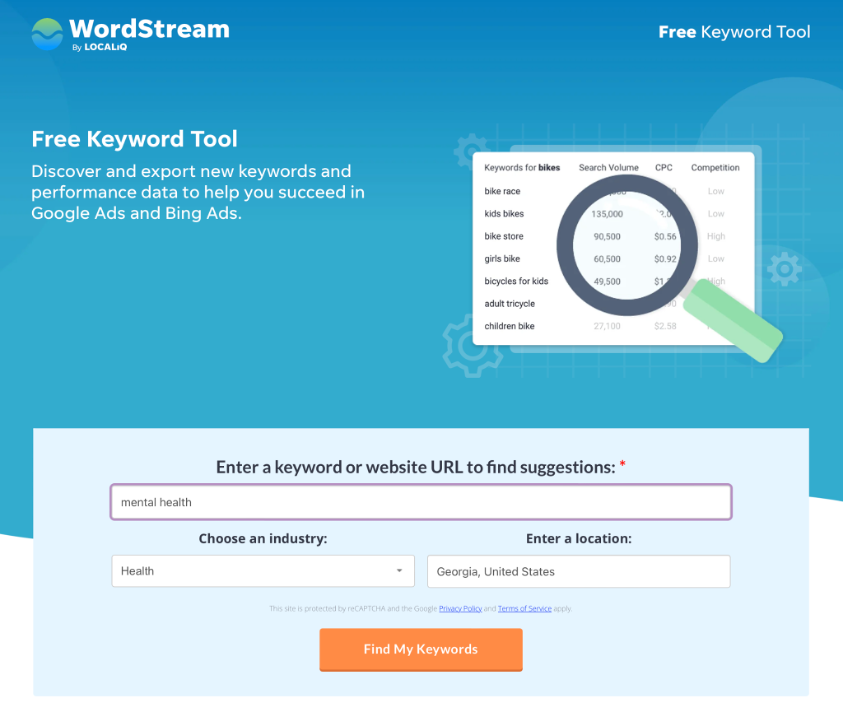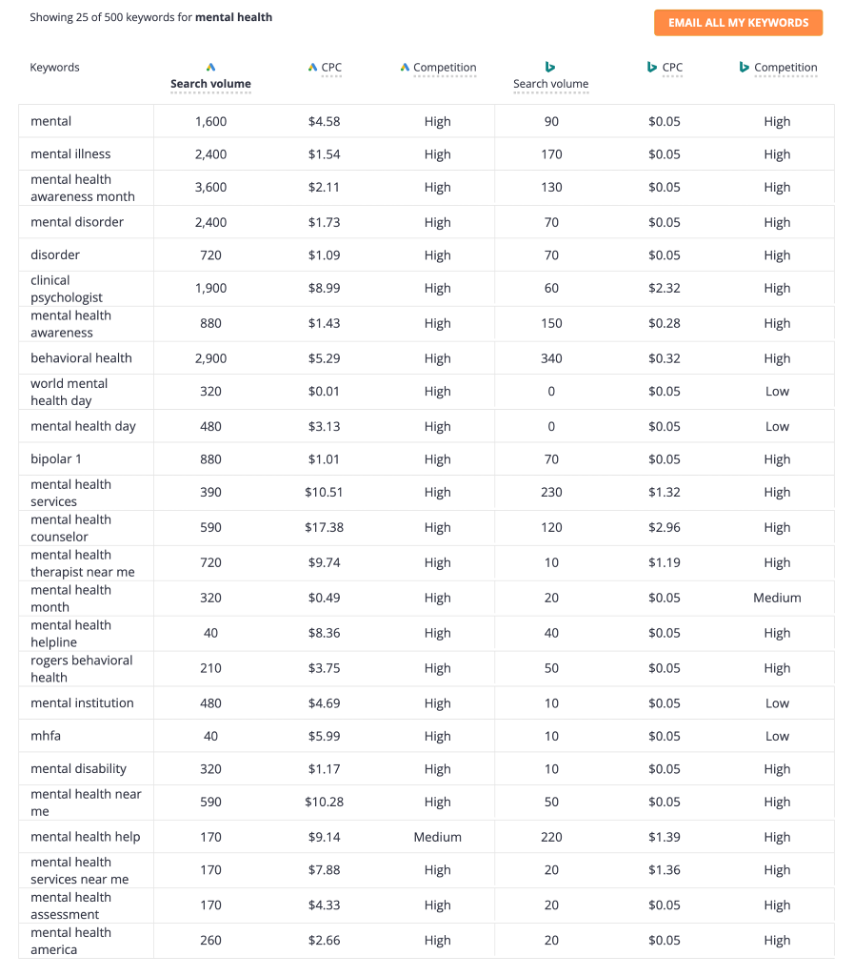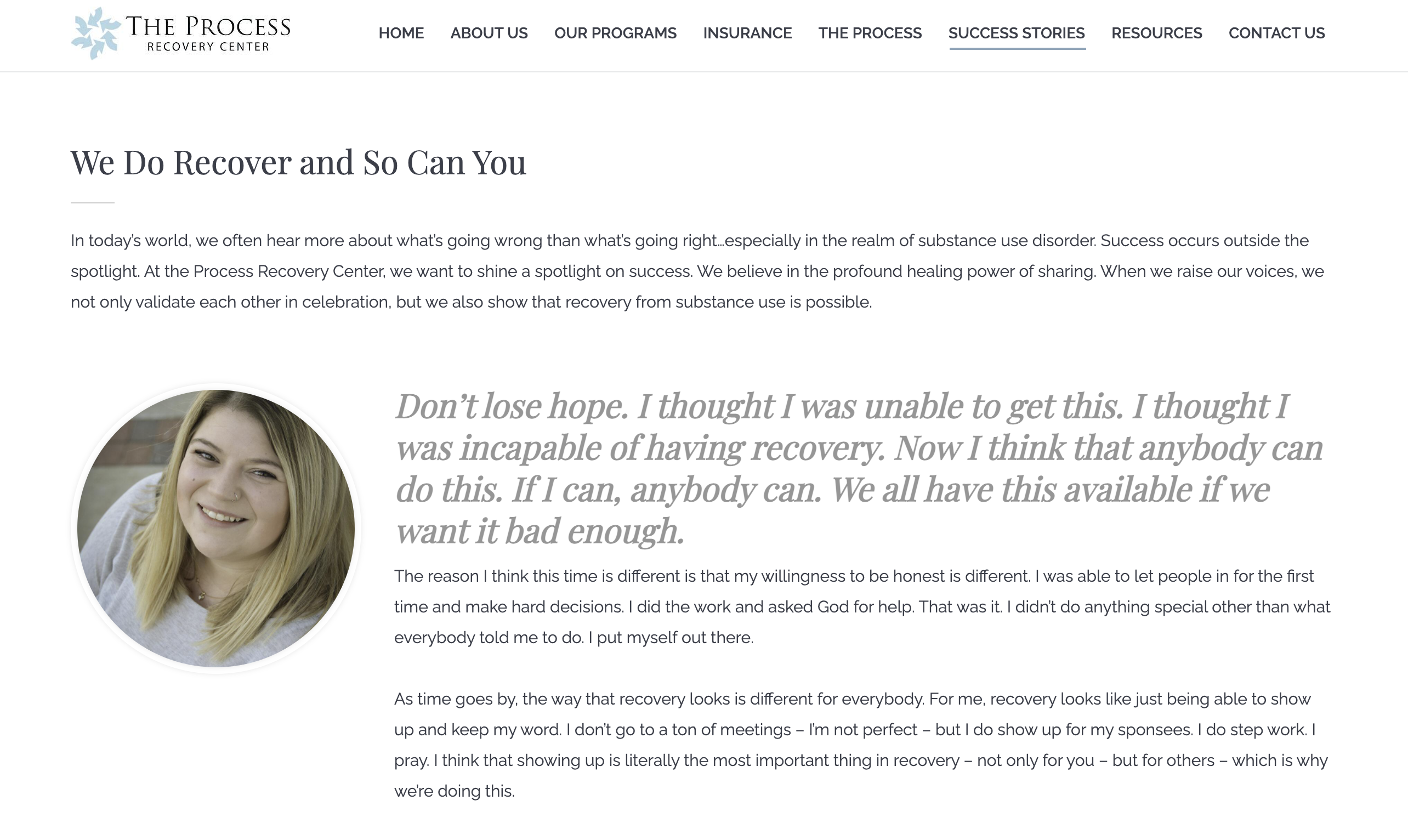Does your job entail engaging prospective new patients online and forging a connection to your practice?
Publishing an effective healthcare blog means delivering the information prospective patients are searching for. For example, if you manage a mental health practice, your patients may be searching for “ways to reduce anxiety,” or “signs of depression,” or “recognizing emotional problems in teens.”
If you create an publish authorative articles about relevant topics such as these, you’re bound to generate inbound traffic from healthcare consumers. I’m not saying it’s easy. And perfecting the art of publishing a valuable healthcare blog takes work.
If you’re new to blogging, or more specifically, healthcare blogging, I hope to help get you started with the following tips for writing a great healthcare blog.
Write about timely topics relevant to your practice’s specialty
This ties into the example above about knowing what your current and prospective patients are searching for online. This is important when you’re trying to attract new patients since, on average, at least 75% of patients begin their search for a new provider online. Relevant content on your website can help these patients find you more easily in their online search because of the algorithms in search engines (but you don’t even need to understand all that to write a good healthcare blog).
Whether your practice specializes in behavioral health, dentistry, optometry, or physical therapy, write about topics people are seeking solutions for right now.
Use a free keyword search tool to help you select blog topics.
I can hear you asking, “But, how do I know what people want to know about my practice specialty?”
Great question. And to make it as easy as possible to find the answer, I recommend using a free keyword search tool such as WordStream. This free online resource is one of many tools that makes it easy to enter a keyword or keyword phrase that’s pertinent to your practice.
In the example below, you can see that I entered “mental health” as the keywords, selected Health as the industry, and Georgia, United States, as the location.

I click “Find My Keywords” and Wordstream loads my results so I can see what people in my area are currently searching for as it relates to mental health. (screenshot below)

The first page of this extensive list gives me a good idea of popular topics that people in my area are searching for, including:
- Mental illness
- Mental health awareness month
- Mental disorder
- Behavioral health
I can use the list as a jumping-off point to create my blog topics, such as:
- Most Commonly Misunderstood Mental Disorders in Adults
- How to Talk About Behavioral Health with Your Teenager
- Does Mental Illness Run in Families?
A free keyword search tool helps you narrow in on topics and can help search engines find your blog more easily, too.
Use a conversational tone
When you’re writing a healthcare article for your blog, try to explain complex topics in a way the “average reader” can digest. A friendly, conversational tone is usually a good choice because it’s relatable, easy to understand, and even conveys to your audience your healthcare organization is welcoming and approachable.
If you’re concerned about sounding authoritative or like an expert in your field, you can still do so through well-researched content—even without the medical and technical jargon that may be off-putting to a general audience. You want to keep your readers engaged so they return to your blog again and again. If you write in a language or tone that doesn’t resonate with your target demographic, you’ll lose them and they’ll move on to another provider in your area—most likely, one of your competitors.
Build trust through patient success stories
One way to keep readers engaged in your healthcare blog is through patient success stories, which help accomplish several important things:
- Build patient trust
- Highlight success stories for people with similar conditions
- Make your practice/organization relatable
- Give you third-party endorsements

When you let patients tell their stories through a quick phone interview or a patient feedback survey, you allow them to speak for your healthcare organization about their experience with the treatment they received. Positive third-party endorsements can have a powerful impact on your reputation and brand.
Remember earlier when I said the majority of patients begin their search for healthcare providers online? These prospects of your practice are reading patient reviews and forming opinions about your star rating on popular review sites. Imagine how great it will be when those same people arrive at your website and read blog posts that highlight patient success stories!
Answer common questions about procedures or treatments
One of the top reasons we all perform Google searches multiple times a day is to learn something new—to find an answer to a question. Let’s face it: Many times these searches are purely for entertainment purposes (or perhaps to settle a friendly dispute with a friend), but other times it’s out of concern for our health and wellbeing.

Before assuming the worst, we query Google, “What does it mean when I get a cramp in my leg?” Or, “When should I see a doctor about recurring headaches?” Or, “How do I get relief from heartburn?”
Whether you’re writing about behavioral health issues, dental procedures, or chiropractic treatments, your current and future patients have common questions they need answered. By providing straightforward discussions and answers to these questions, followed by a link on your website to make an in-person appointment or to schedule a virtual consultation, you’re helping to establish your organization as a valued resource for those in need of your services.







